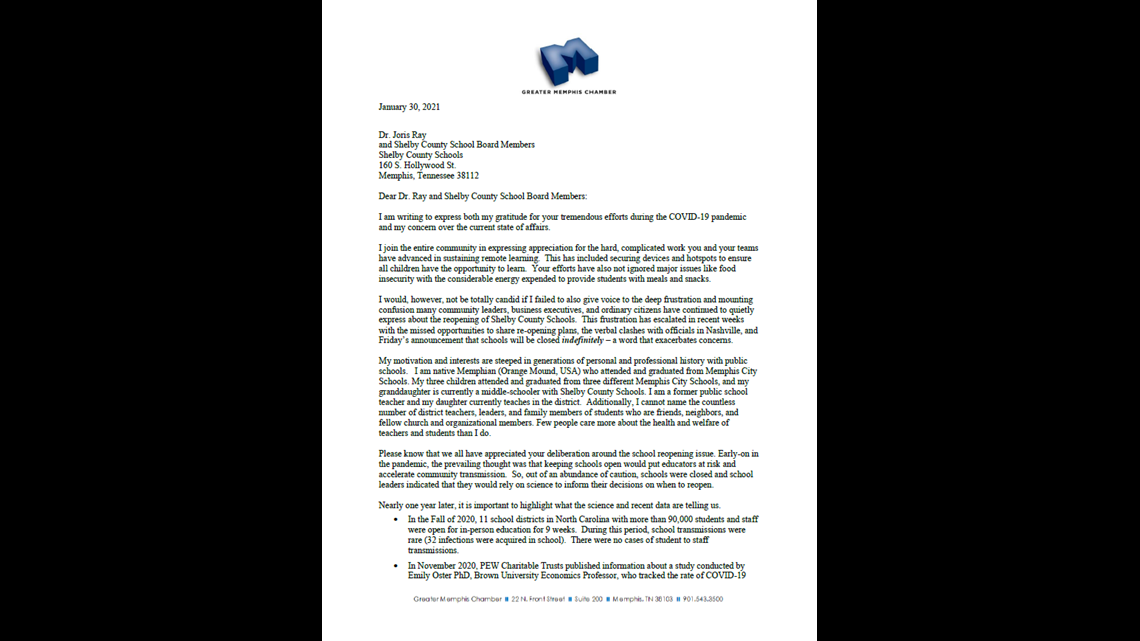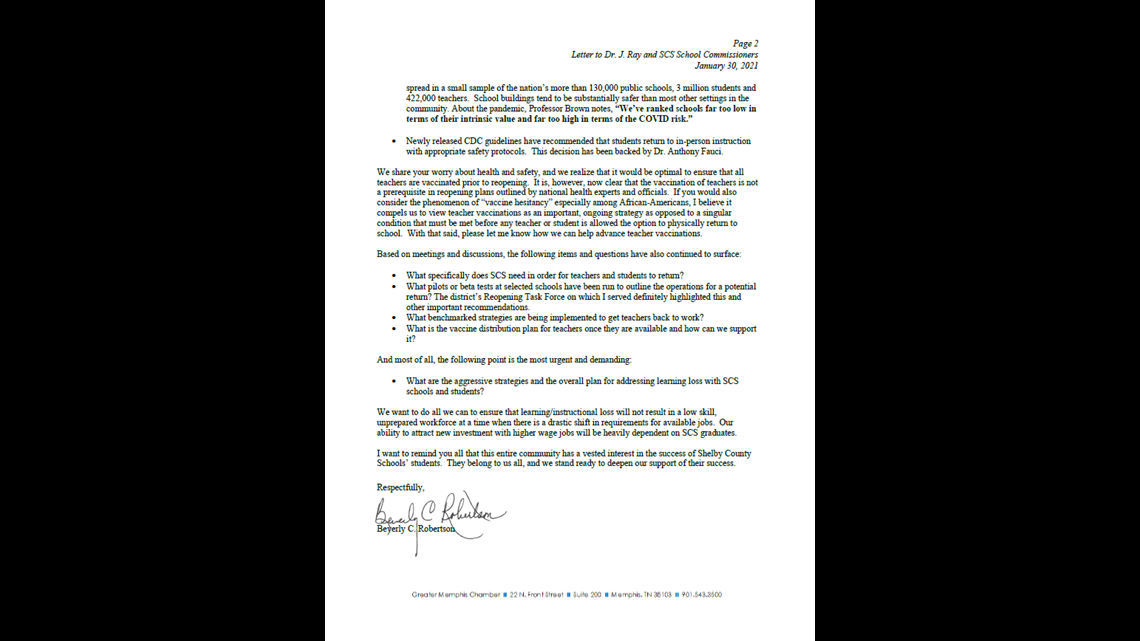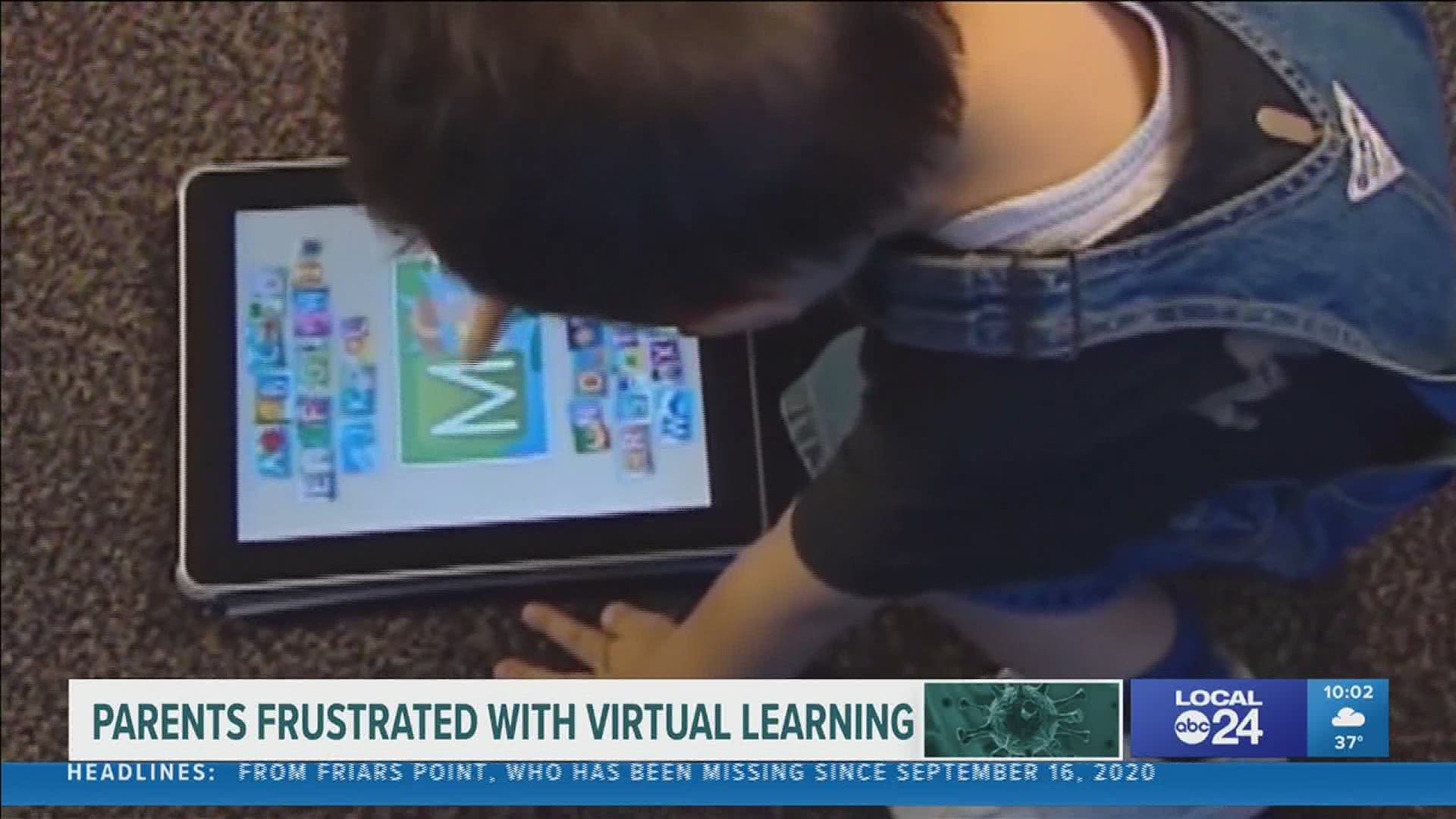MEMPHIS, Tenn. — Virtual learning during the pandemic has been hard not just for students, but for parents as well. Many are having to choose between work and staying home to help their children.
Local 24 News Reporter, Brittani Moncrease, shows us how this has particularly impacted mothers.
Since the pandemic, the number of women in the workforce has gone down lower and lower.
We spoke with a local mother and an human resources consultant to find out why.
Camille Wellington is a working mother. Her sister, Necole Jones, is a human resources consultant.
The two have teamed up seeking help for parents, especially mothers, during the pandemic.
“Parents are now faced with do I work or do I school my children,” said Jones, HR Forte President.
Wellington has four children in the Shelby County School District.
“I am one of those moms having to choose between leaving my children at home, trying to find care or going back to work or I forfeit having to quit or going to be fired or be laid off,” said Wellington.
With virtual learning, Wellington's children get all the focus.
“It’s very hard for our children not to have a parent there. There’s all types of things; trouble-shooting with internet issues, trying to get on different apps, different software,” said Wellington.
Greater Memphis Chamber President, Beverly Robertson, wrote a letter to the SCS Superintendent urging for schools to reopen.
She praised SCS for their efforts in keeping staff and students safe, but highlighted data supporting the return to in-person learning.
Robertson also offered the Chamber's help to get more teachers vaccinated.




“I don’t fault Shelby County Schools for not opening back up. It’s not safe right now,” said Wellington. “There needs to be affordable childcare.”
Studies have shown that about 2.2 million women left the workforce during the pandemic.
“Of those 2-million women, there’s three times more Black women as opposed to Caucasian women that it impacts,” said Jones.
“Now we have the lowest rate of women working since the 1980’s,” said Wellington. “You’re setting women back about 30 years now.”
Wellington and Jones have reached out to local and state governments to get a plan of action.
“There needs to be some conversations. While it’s impacting greatly mothers, there’s also fathers that are dealing with it and other caregivers,” said Jones.

